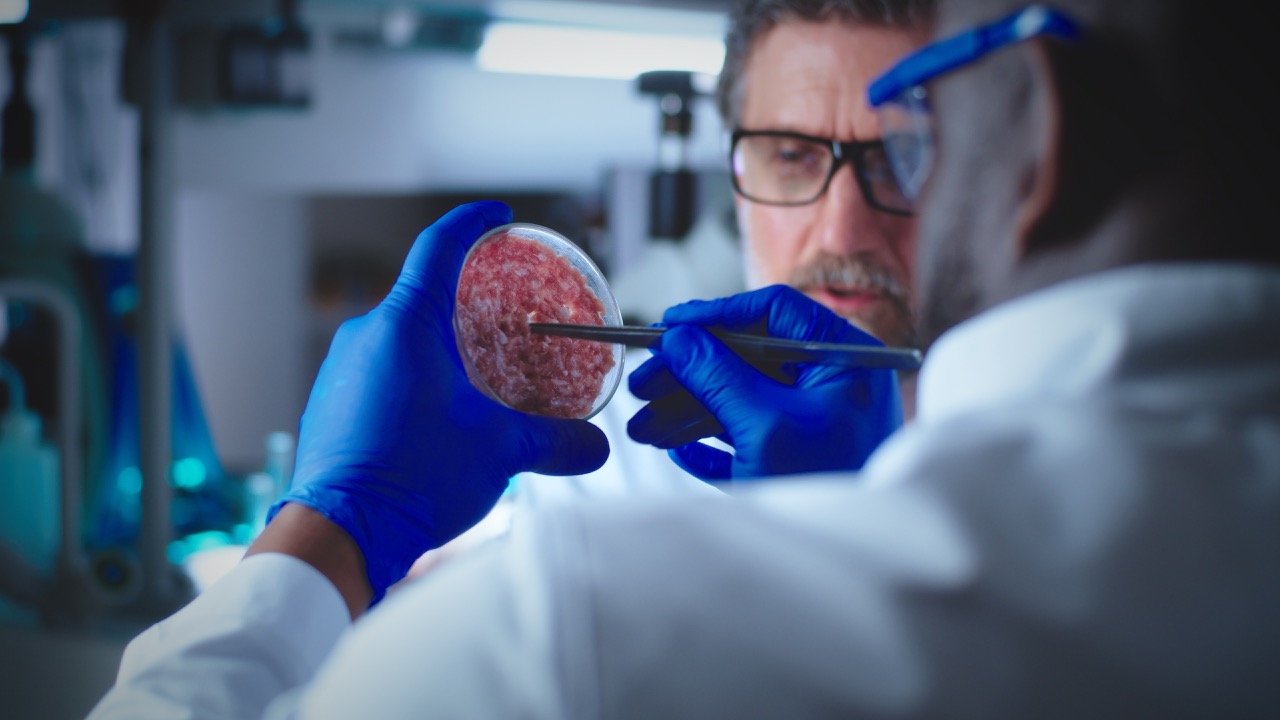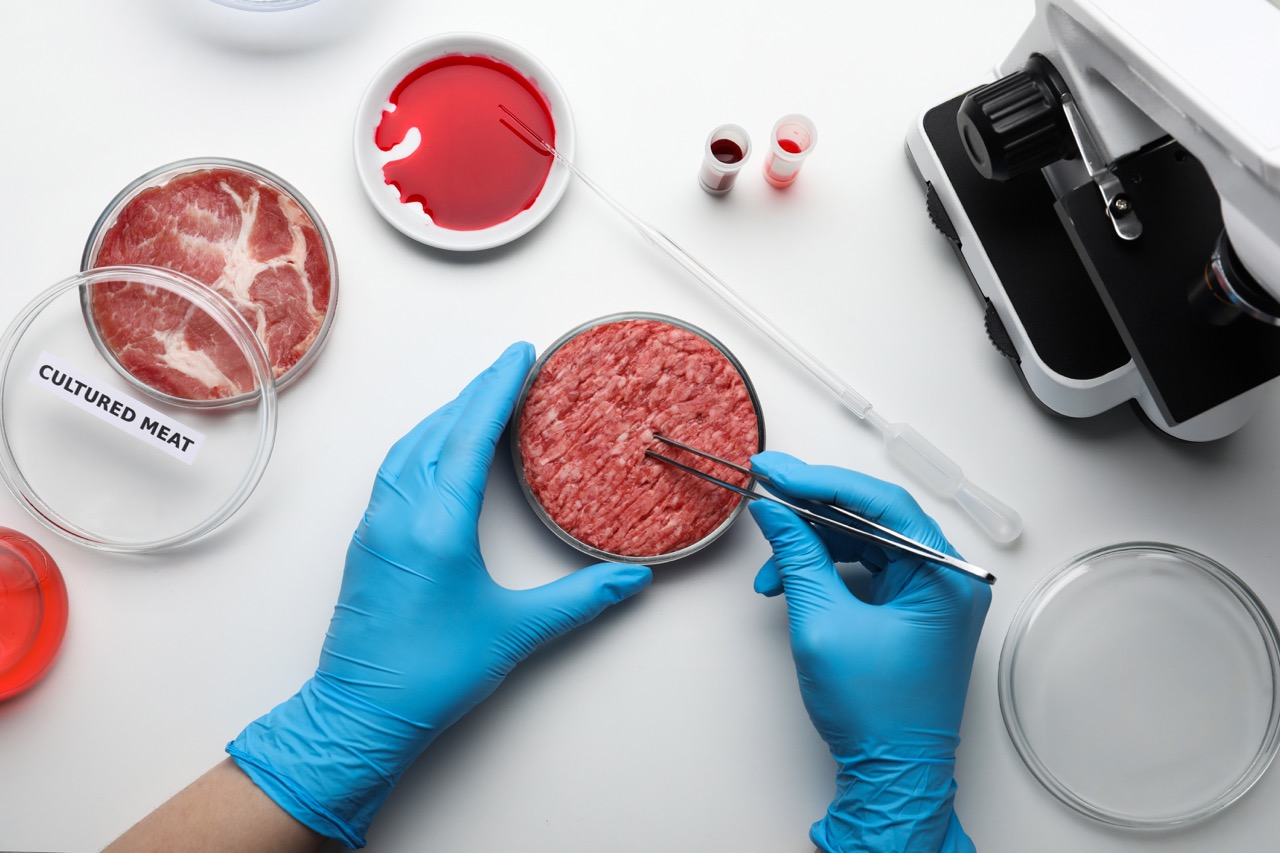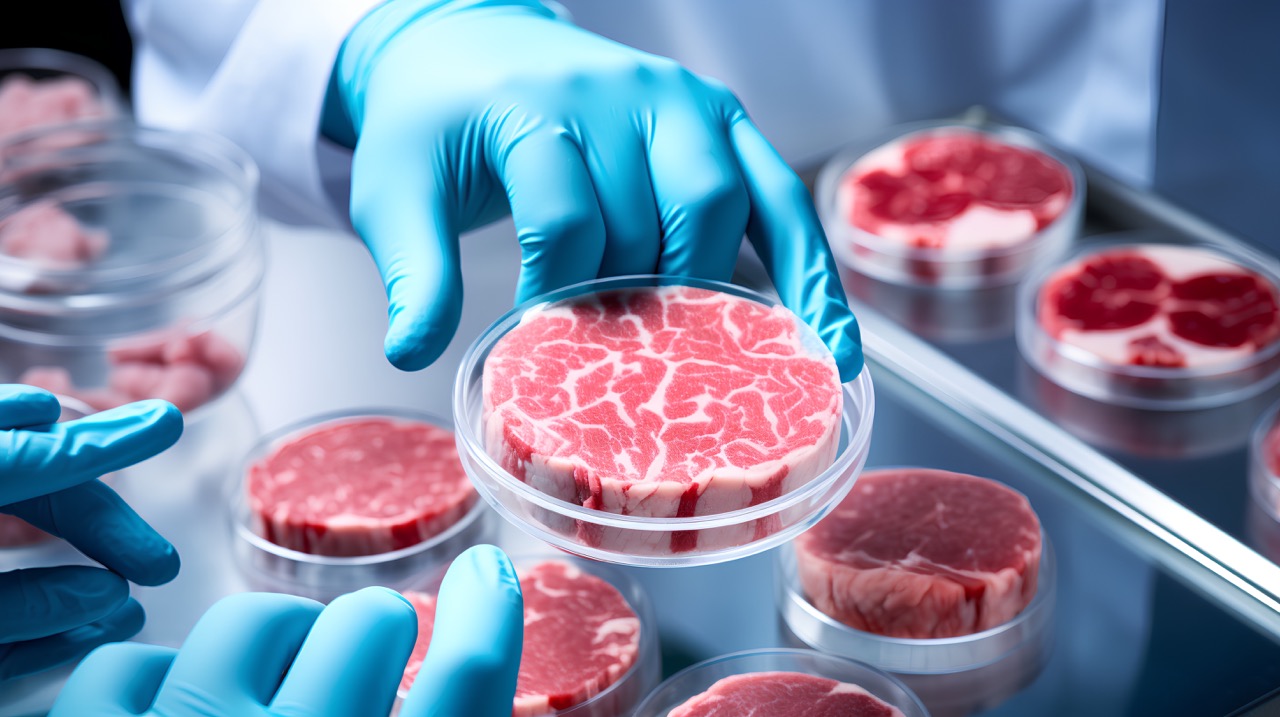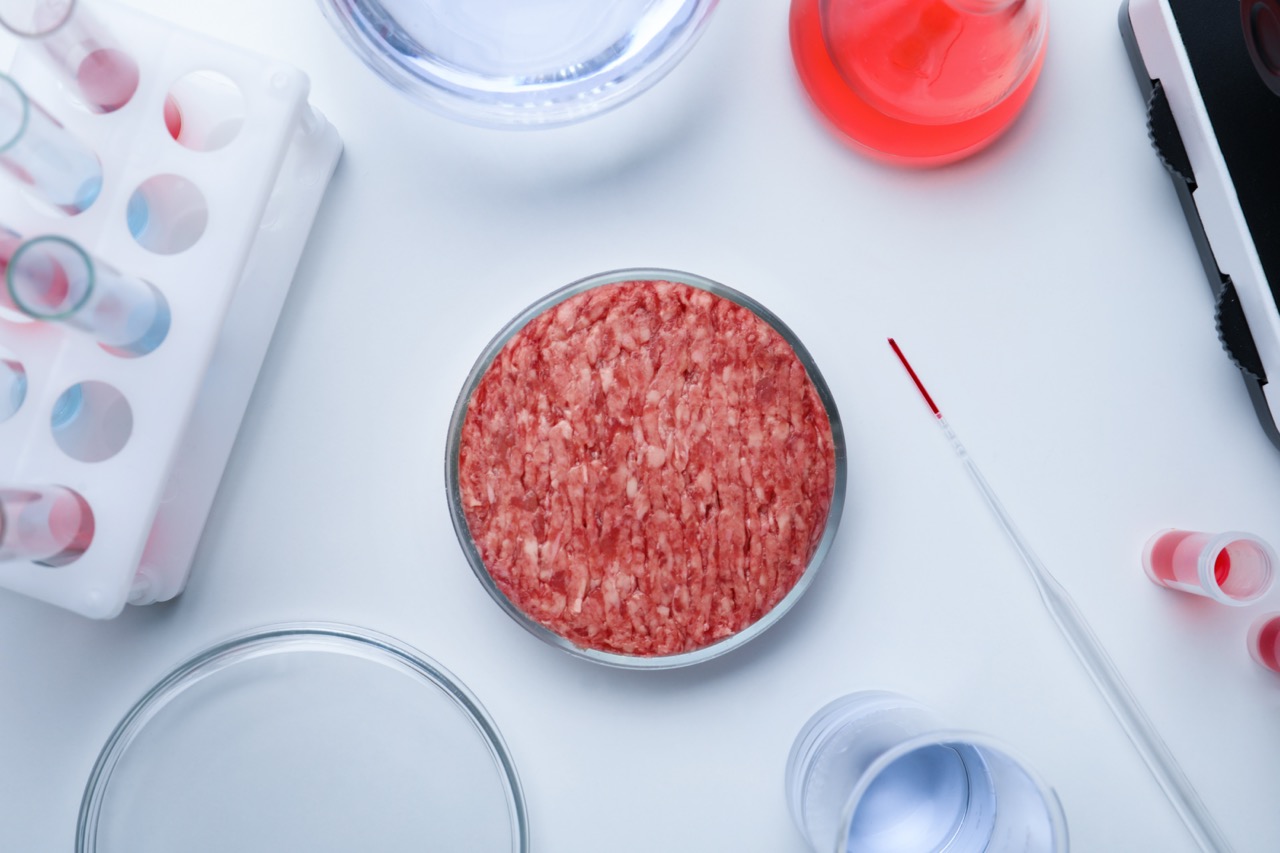
Cultured Meat
Cultivating Change: A New Era in Sustainable Meat Production
You understand the challenges of scaling cultivated meat production: the high costs, complex processes, and the crucial need for consistency and quality. That’s where Lab Owl and Nexilis come in. With our advanced bioreactor control system and cutting-edge bioinformatics, we’re here to guide your journey from lab-scale experiments to large-scale, sustainable commercial production, ensuring every step meets the highest standards of efficiency and excellence. Join us in shaping the future of food.

Cultured Meat challenges
InflexionPoint Understands Cultured Meat Production Challenges
As the cultivated meat industry strides towards a more sustainable future, it faces a trio of formidable challenges, particularly when scaling production to meet global demand.
1. Cost of Inputs
The journey of cultivated meat from a cell to a steak is resource-intensive. Key among these resources are the media and growth factors. The quality and composition of these inputs come at a high cost. Balancing the equation of quality versus cost becomes increasingly complex as production scales.
2. Capital Costs
Scaling up cultivated meat production isn’t just a matter of larger quantities; it requires significant capital investment. This includes not only the physical infrastructure, like bioreactors and processing facilities, but also investment in technology and human resources. The leap from a small-scale lab setup to a full-fledged production facility is substantial, demanding considerable financial resources and strategic planning.
3. Cell Density
Achieving optimal cell density is a delicate balancing act. High cell density is crucial for efficient production – the more cells you can grow in a given volume, the more meat you produce. However, overcrowding can lead to issues like limited nutrient availability and waste accumulation, which can impede cell growth and viability. This makes managing cell density a critical aspect of scaling up production.

Solutions
The Role of Nexilis in Cultivated Meat Scaling
Nexilis leverages the power of bioinformatics to revolutionize how cultivated meat is produced on a larger scale.
Bioinformatics at the Heart
Nexilis innovation lies in its advanced bioinformatics capabilities. This involves using data-driven insights to understand and manipulate cellular behavior. By analyzing vast amounts of biological data, Nexilis can help optimize the conditions under which cells grow, multiply, and develop into muscle tissue. This is particularly crucial when scaling up production, as it ensures that the processes which work in a lab setting can be effectively translated to larger-scale operations without compromising quality or efficiency.
Optimizing Sustainable Food Production
Sustainability is a cornerstone of the Nexilis approach. In the context of cultivated meat, this means creating production processes that are not only scalable but also minimize environmental impact. Nexilis contributes to this by enabling more efficient use of resources, such as reducing the volume of growth media needed or optimizing the use of growth factors, which in turn can lead to a reduction in overall production costs and environmental footprint.
Advancements in Tissue Engineering
Tissue engineering is a critical component of cultivated meat production, and Nexilis enhances this process through precise cellular and molecular analysis. By understanding the intricate details of tissue formation at the cellular level, Nexilis helps in developing methodologies that encourage the growth of muscle tissue that mimics the texture and nutritional value of conventional meat, ensuring that the end product meets consumer expectations.
Refining Nutrient Formulations
The quality of cultivated meat is heavily dependent on the nutrients fed to the growing cells. Nexilis plays a crucial role in formulating these nutrient mixes, ensuring they are perfectly balanced to promote healthy cell growth and proliferation. This not only improves the quality of the meat but also contributes to cost efficiency by optimizing the use of resources.
SOLUTIONS
Lab Owl: Enhancing Scalability Through Innovation
Lab Owl stands at the forefront of scaling cultivated meat production, offering a robust technology suite that transforms Nexilis’s scientific breakthroughs into scalable efficient operations.
Precision Control:
Our cutting-edge bioreactor systems ensure precise environmental regulation—temperature, pH, oxygen, and nutrients—vital for optimal cell culture conditions.
Automated Efficiency:
Recognizing that scaling involves more than increased volume, Lab Owl integrates automation for seamless monitoring and control, reducing the need for extensive manual oversight and facilitating the transition from lab to commercial scale.
Insightful Analytics:
With advanced data analytics, Lab Owl provides key insights into cell density management, preventing overcrowding and ensuring the health and productivity of cell cultures. This strategic approach to data integration supports sustainable scale-up efforts, making cultivated meat production more viable and efficient.

HOW IT WORKS
How Nexilis and Lab Owl Work in Tandem
Lab Owl and Nexilis create a synergistic relationship that addresses the complex demands of scaling cultivated meat production. While Nexilis contributes its bioinformatics expertise for optimizing cellular growth and nutrient formulations, Lab Owl translates these insights into practical, scalable processes in the bioreactors.
Translating Bioinformatics into Practice
Nexilis identifies the optimal conditions for cell growth and tissue development. Lab Owl’s control systems then implement these conditions in real-time, ensuring that the cultivated meat cells grow as efficiently and healthily as possible.
Enhanced Process Efficiency
The combination of Nexilis’s analytical precision and Lab Owl’s control systems leads to enhanced process efficiency. This means better use of resources, reduced waste, and lower production costs – all vital for successful scaling.
Quality and Consistency
As production scales, maintaining quality and consistency becomes more challenging. Lab Owl ensures that every batch of cultivated meat meets the same high standards, regardless of the scale of production.
Optimize Your Cultured Meat Production
Discover how Nexilis and Lab Owl can transform your processes
As you navigate the complexities of scaling cultivated meat production, the challenges of maintaining cost-efficiency, operational effectiveness, and quality consistency are ever-present. Recognizing these hurdles, Nexilis and Lab Owl emerge as your ideal partners. Our cutting-edge bioinformatics and advanced bioreactor control systems are designed specifically to overcome these obstacles, ensuring that your journey from lab-scale to large-scale production is seamless and successful.

